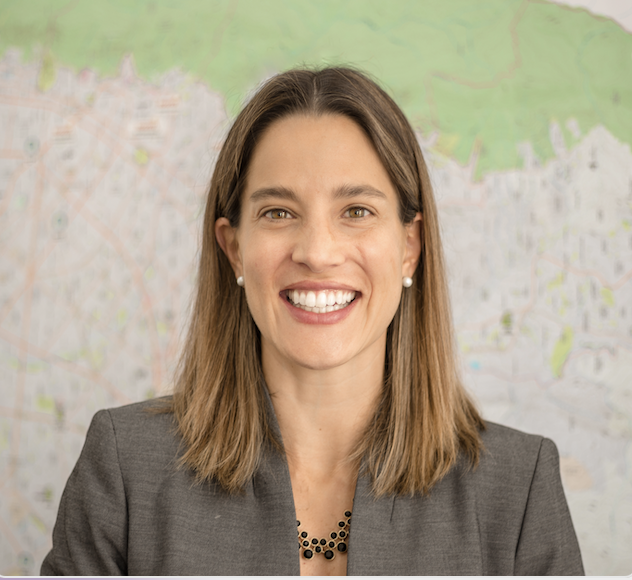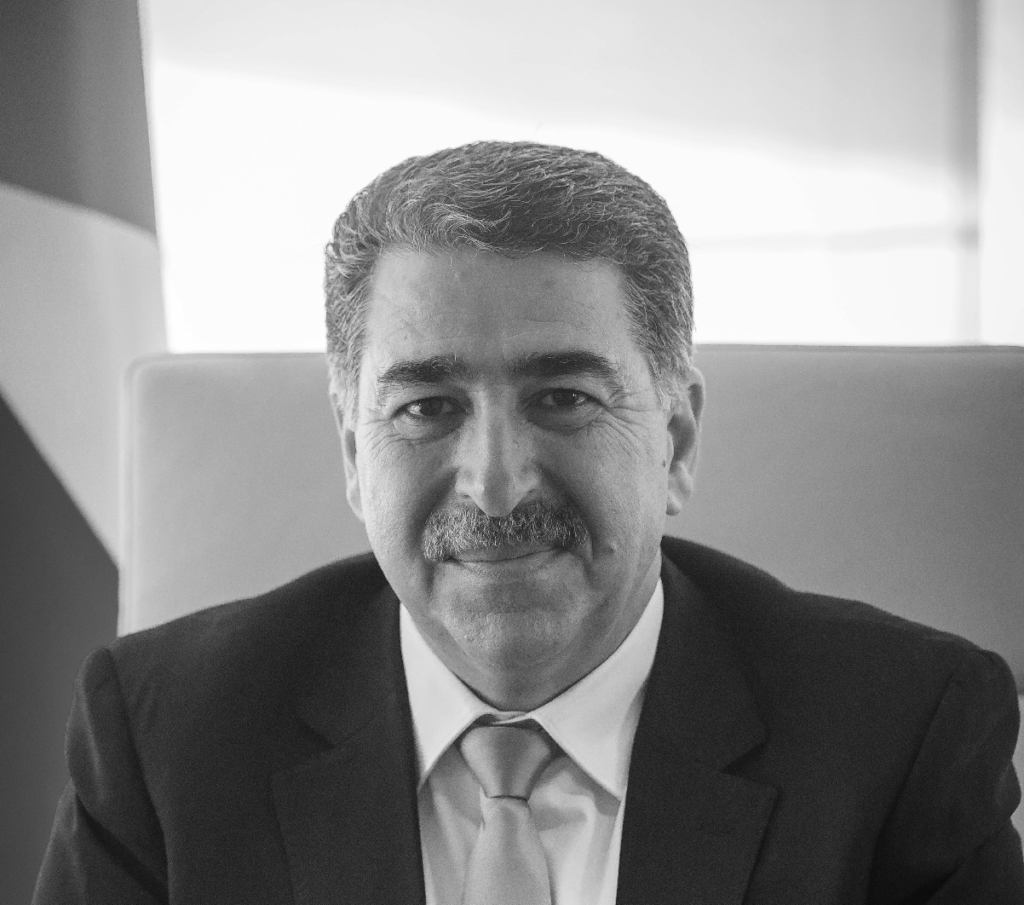Wellbeing Cities 2021 | Rethinking Public Health [panel]
June 30, 2021 — Events, Projects & Programs
WELLBEING CITIES INITIATIVE
Rethinking Public Health
Replay & Takeaways
Inextricably linked with the social and economic wellbeing of communities, public health is foundational to a thriving society, yet continues to be a major challenge facing cities. In this panel, experts will discuss what we’ve learned about equity and wellbeing over the last year through the lens of an unprecedented global health pandemic.
Four speakers from cities around the world convened with our moderator, Reena Shukla, to weigh in on the many facets of a holistic approach to public health planning and community wellbeing. Here’s what you need to know:
1. COVID-19 restrictions repopularized active forms of transport.
The pandemic has offered cities the momentum they needed to implement programs and initiatives that have long been pushed aside. The devastation of the global crisis, along with the structural inequalities that it uncovered, helped to promote deep investigations into urban wellbeing, the intersection between public health and the built environment, and the cracks in our public healthcare systems. Our panelists hope that global urgency about public health remains prevalent, even after the pandemic.
2. Investing in community wellbeing yields substantial economic benefits.
According to Remes, improvements in public health account for roughly 30% of global GDP. A decrease in the global disease burden can lengthen the average working career and spur productivity as people suffer fewer chronic health conditions. Plus, as (primarily female) caregivers are relieved of their responsibility to care for family members, they can return to the workforce, bolster the economy, and focus on their health. Healthy communities attract future investments, creating a self-perpetuating cycle of wellbeing.
3. Cities must invest in healthcare, not ‘sick care.’
Instead of focusing funding and resources on treating those who are already sick, health policy should prioritize preventative measures that limit future illness. The panelists discussed healthcare strategies in their cities and organizations, including providing support for unpaid caregivers, creating measurable urban wellbeing indices, and designing the built environment to encourage active and healthy lifestyles.
4. Strong, inclusive communities are healthy communities.
Those who are disproportionately vulnerable to mental and physical health risks, including women, children, and the elderly, must be centered in public health initiatives. To strengthen community ties and avoid overlooking elderly populations, intergenerational exchange is paramount. If a person can’t explain an urban public health initiative to their grandmother, then perhaps it should be reoriented to be more inclusive to all ages.

The silver lining of the pandemic… is that it has woken up not just the economist, but businesses and policy makers to the importance of thinking of health beyond the healthcare system itself. We need to start thinking about the role of cities in creating environments where people can grow up, work, and age in a healthy manner.
Jaana Remes | Partner, McKinsey Global Institute

As you invest in wellbeing, you actually improve the investability and the place becomes more attractive. You actually have exponential economic growth as opposed to a linear growth if you focus on the right areas of the social determinants of health.
Anil Menon | Executive Vice President of Community and Urban Services, Sharecare

Women who are currently trapped in care work need to go back to dancing, to smiling, to socializing, to hugging, and to just living… That’s the real driver behind the District Care System — that you can go back to take care of yourself as a caregiver, and that taking care of others does not imply breaking your social ties or [developing] physical or mental health problems.
Diana Rodríguez Franco | Secretary of Women, Bogotá

The day that the pandemic ends will not look like the day that the pandemic started… It is not acceptable anymore to leave anyone behind us. That is the big lesson we learned from the pandemic: we are paying the price of leaving parts of this globe behind.
Mayor Musa Hadid | City of Ramallah, Palestine